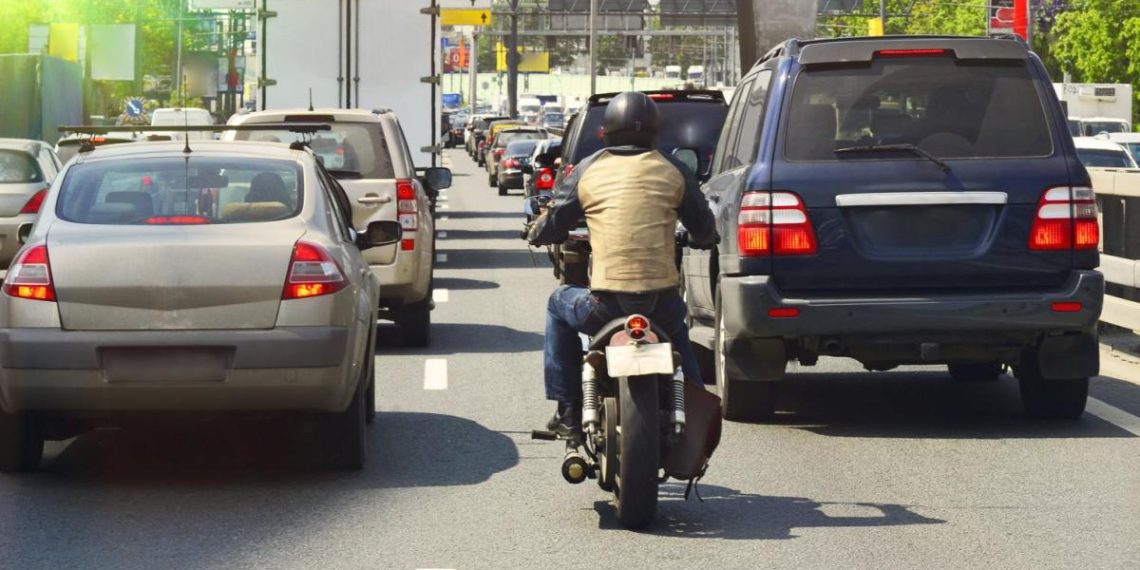It is important to stay hydrated during hot weather. Remember to drink plenty of water throughout the day to avoid dehydration.
The European Parliament has given the green light to the new EU rules to reduce emissions from passenger cars, commercial vehicles, buses, trucks, and trailers. By 297 votes in favor, 190 against, and 37 abstentions, Parliament approved on Wednesday the agreement reached by the European Council on Regulation Euro 7 (type-approval and market surveillance for motor vehicles). Vehicles will have to comply with the new standards for a longer period, ensuring that they remain cleaner throughout their lifespan. For passenger cars and light commercial vehicles, the current Euro 6 testing conditions and emission limits will remain in place. For buses and trucks, the emission limits for exhaust gases measured in laboratories and under real driving conditions will be stricter, while maintaining the current Euro VI testing conditions. For the first time, EU standards will include brake particle emission limits (PM10) for passenger cars and light commercial vehicles, as well as minimum performance requirements for the durability of batteries in electric and hybrid vehicles. Each vehicle will have an environmental passport containing information about its performance at the time of registration, including pollutant emission limits, CO2 emissions, fuel and electricity consumption, electric range, engine power, and battery durability. Vehicle users will also have access to updated information on fuel consumption, battery health, pollutant emissions, and other relevant information generated by onboard systems and monitors. The new rules, which still require final formal approval from EU countries, will apply to cars and vans from July 2030, and to buses and trucks 12 months later. It is worth noting that the European Commission initially proposed a stricter Euro 7 with earlier implementation dates in mid-2025 for cars and mid-2027 for trucks and buses, but ended up postponing the regulation’s entry into force to 2030.










